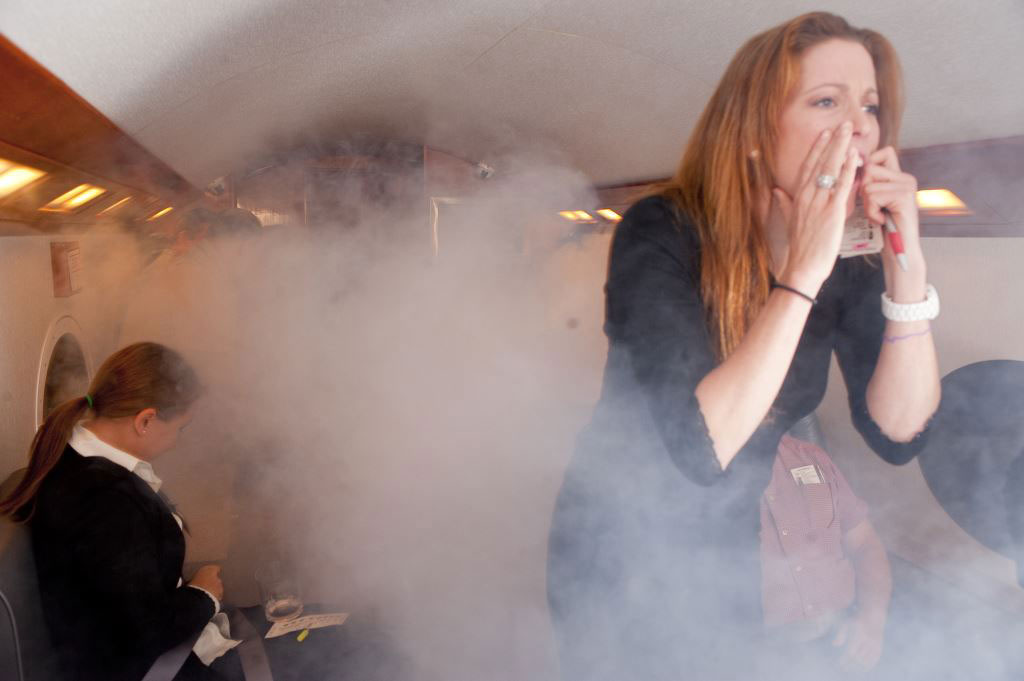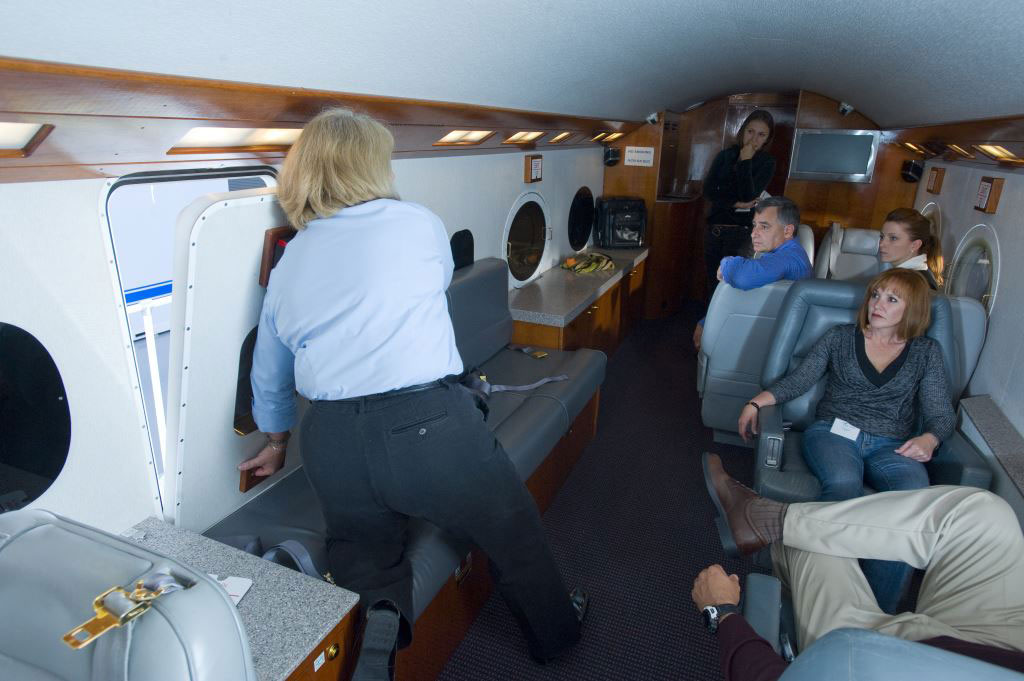
Aircare International Trains Business Aviation Operators to ‘Save and Survive’ in Emergencies
Since 1982, Tacoma, WA-based Aircare International has offered a variety of specialized training and staffing solutions to business aviation flight departments of all sizes, helping these entities operate efficiently and, above all, safely.
“Aircare’s mission is to support those business aviation flight departments that possess strong cultures of safety, and those that want to continue to grow their safety culture,” explained Martin Hamilton, Vice President Business Development and Marketing at Aircare. “It doesn’t matter how big or small they are. We have customers flying a single King Air [turboprop], and we also work with the world’s largest fractional provider.”

One of the company’s most frequently-requested services is emergency procedures training for business aviation pilots, flight attendants, and other crewmembers. With the theme, “Train to Save. Train to Survive,” Aircare’s FACTS Training Program utilizes a combination of classroom instruction and real-world training tools, including full-motion aircraft cabin simulators, underwater egress “dunkers,” and other actual emergency equipment.
“It’s critical to understand what must be done when something really bad happens in an aircraft,” Hamilton continued. “Whether it’s a ditching event, preparing for impact, or another emergency such as an in-aircraft fire, those onboard – be they pilots, cabin crew, or flight technicians – must all be prepared to take complete control in that emergency, get their passengers off the plane, and survive.”
This training is particularly important for cabin crew, who in an emergency must be able to assert authority not typically required in their standard duties. “In an emergency, the mindset must be that the aircraft no longer belongs to the [owner],” he added. “That aircraft belongs to the crew, and they must control that environment.”
Aircare also provides training to recognize the effects from hypoxia, or a lack of oxygen to the brain and other body tissues. This recognition is critical, as one of the most common effects from hypoxia is a sense of well-being that undermines the severity of the condition.
“The typical scenario isn’t rapid decompression, but the insidiousness of slow decompression,” Hamilton explained. “We use a breathing device that introduces nitrogen in lieu of oxygen, and we test individual reactions so the subject better understands their body’s personal responses to a hypoxic event. Some lose the ability to distinguish certain colors first; some lose concentration, and their ability to read instruments or follow ATC instructions.”
In addition to training business aircraft crewmembers, Aircare also provides training to individual aircraft owner/operators, executives, and passengers on how to take care of themselves in case of inflight emergencies.
Assistance is Just a Phone Call Away
Aircare’s Access Assistance program also provides mission support safety services for business aviation operators, including telemedical assistance, first aid and medical kits, kit management, and safety and emergency safety equipment.
Company representatives work with operators to ensure they have the right medical equipment on board based on their passengers and destinations, and train flight crews on the use of first-aid and medical kits, AEDs, and other equipment for use in medical emergencies in the air, in the hangar, or while traveling.
“Customers receive briefings on outbreaks of various diseases and other security risks associated with the areas they are travelling, as a standard part of our telemedical support services,” Hamilton added. “The support calls we receive vary from life threatening, to minor health issues; however, even a minor health issue can seem big when you’re on the other side of the world.
“We encourage our customers to call us for anything they may need,” he continued. “The more comfortable they get calling and working with our support personnel, the more comfortable they will be calling us during an emergency and this is exactly what we want.”
Aircare also offers temporary and full-time personnel staffing solutions for clients, with approximately 200 total pilots, cabin crew, and technicians available to dispatch at any time, 24/7/365.
“Every operator and flight department has unique needs,” Hamilton noted. “For telemedical support they may be looking to reduce costs and increase services, while for staffing they could be either growing and need additional help, or looking to reduce risks associated with independent contractors.
“Our customers all share this same desire to continuously improve, and everything we do centers on helping these organizations become even better,” he concluded.


 International Business Aviation Council Ltd.
International Business Aviation Council Ltd.